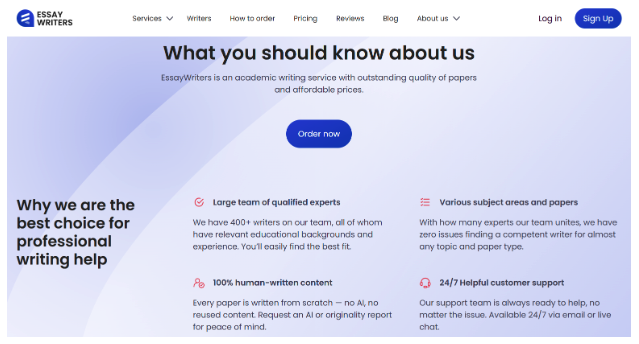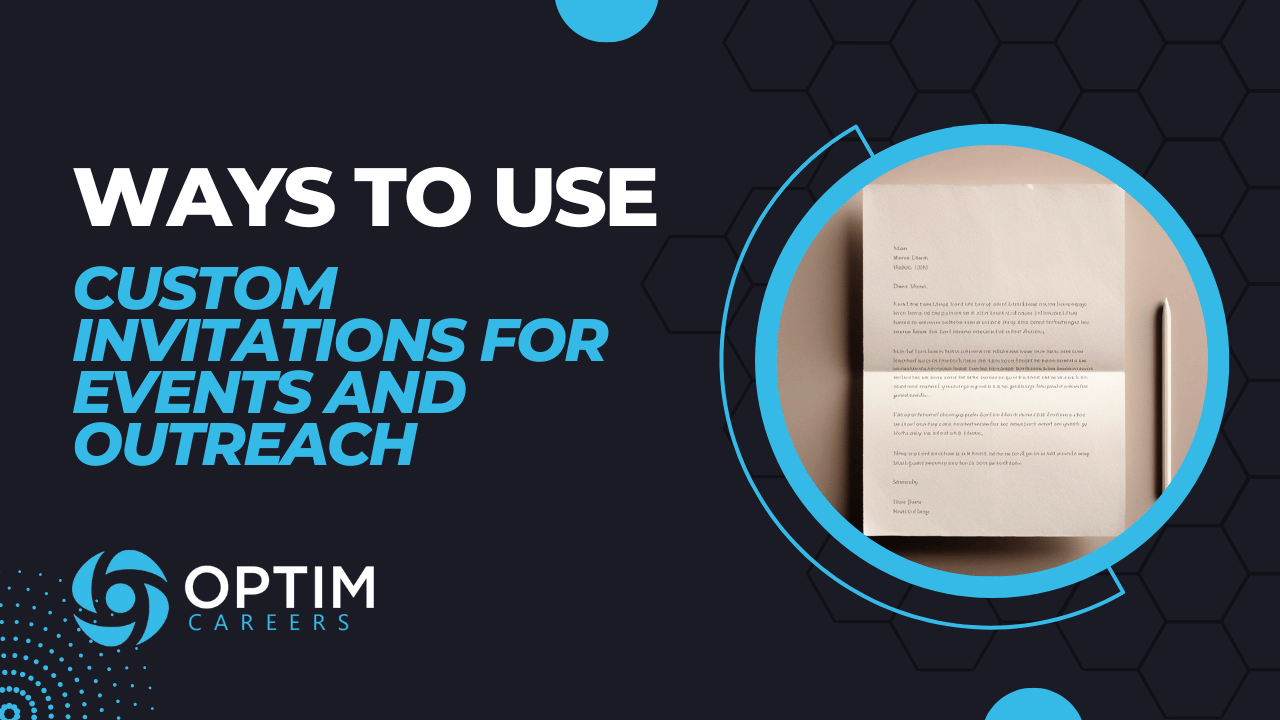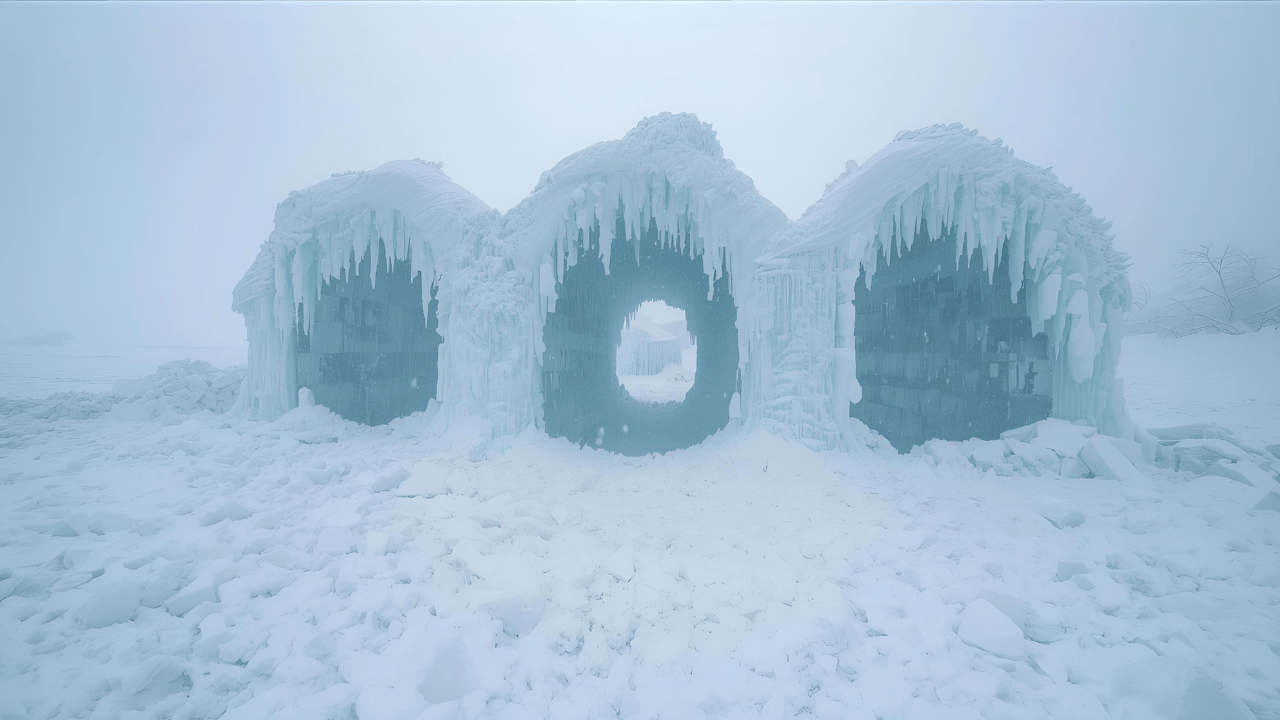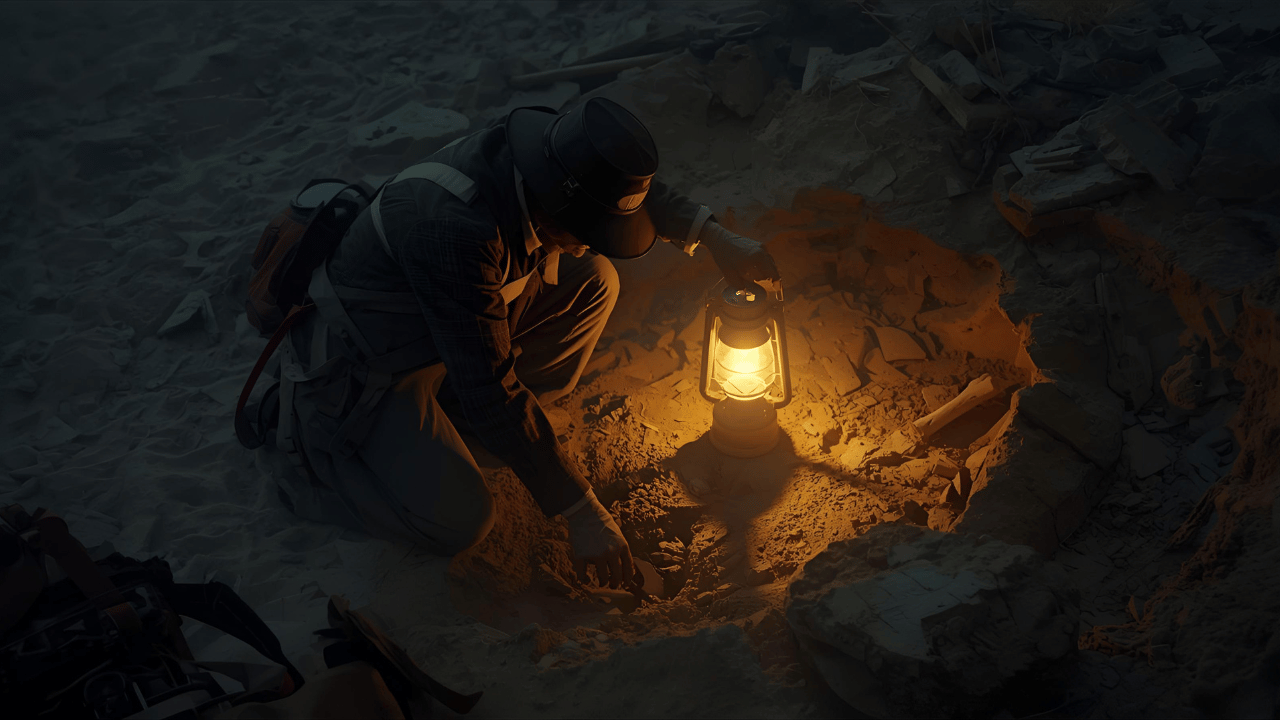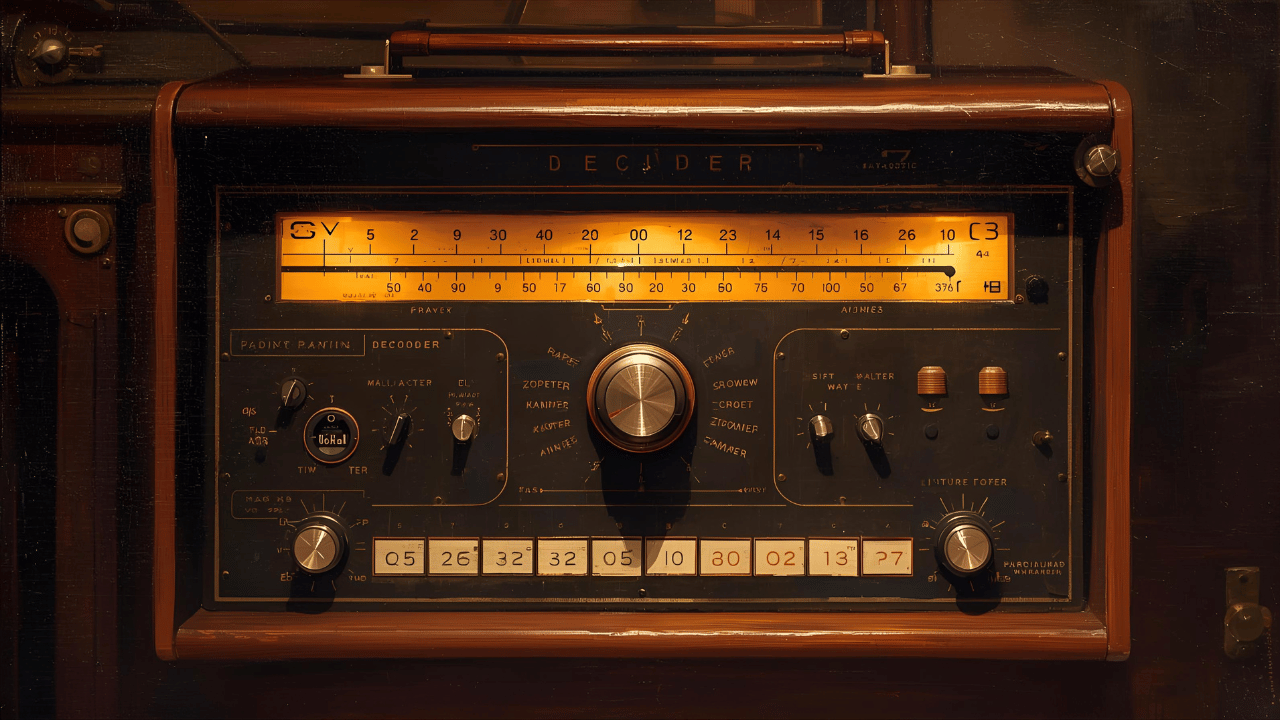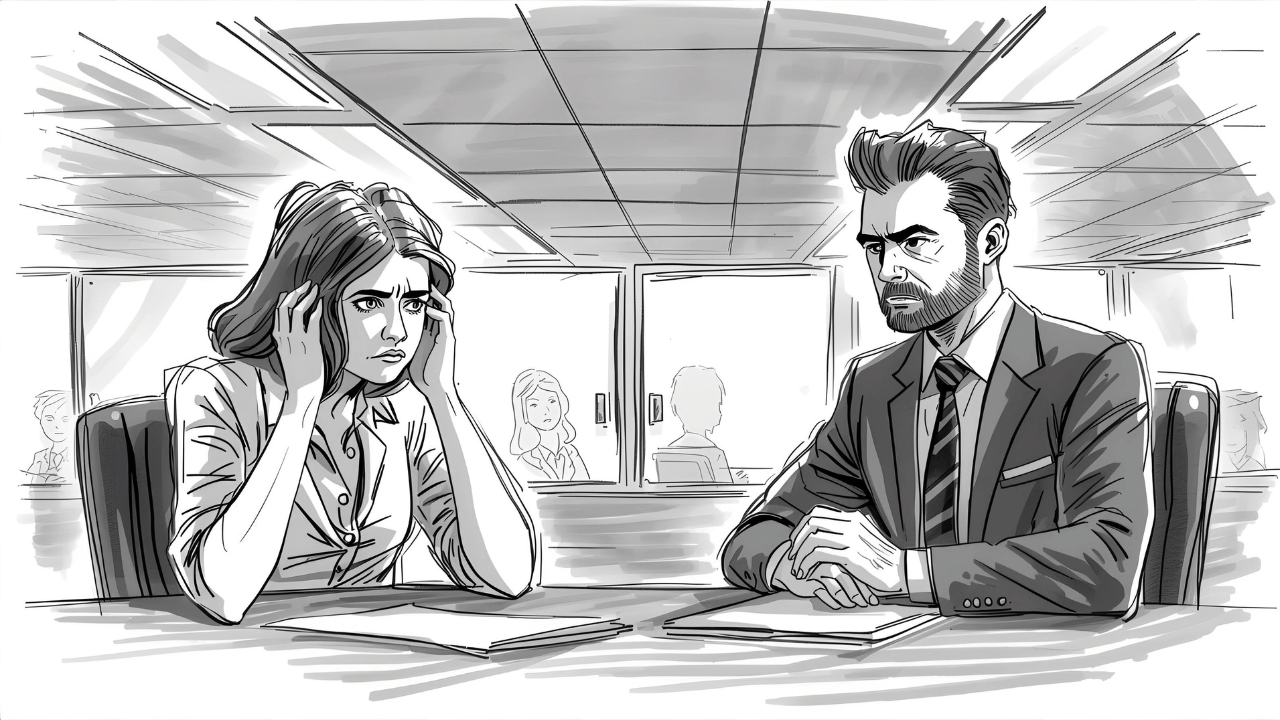Follow Up Email After Interview [How to, When to, and Examples]
To send a follow up email or not, that is the question. But the question is really more when to send one, how to send one, and what to write that doesn’t make me look desperate. Well, you’re in the right spot.
Today I’m going to cover:
Why you should send a follow up email;
When to send it depending on your circumstances;
How to write one that includes 4 key elements; and
5 templates and examples to get you started
Buckle up, let’s get this done.
Should You Follow Up After an Interview
I’ve heard it all when people answer this question. Some say no one reads them. Some say you’ll look desperate. Here’s the truth.
Companies Want People Who Want Them
Every company I’ve ever worked with (and that’s nearly a thousand to date as an independent recruiter) has wanted people who want to work for them. They want people who are interested in their company.
If you do this right, you won’t seem desperate. Just follow my steps.
People Get Busy
Hiring managers have full-time jobs outside of hiring. Hiring is stressful for everyone involved and sometimes a pleasant reminder (when done right) is nice to have.
Show Your Skills
In the interview, you had the chance to talk about your skills and start to demonstrate them through stories and examples. Now you have another chance to show (instead of telling) your skills. By following up (correctly) you can show how helpful you are, demonstrate what it would be like to work with you, and show off your communication and other relevant skills.
Differentiate Yourself
Depending on the industry and level, few people may follow up after an interview. I’ve seen numbers as low as 10% send follow-ups to nearly 80% for higher-level sales roles. And yes, I’ve seen managers on the fence between two equally qualified candidates choose to move forward with someone because of their thoughtful email correspondence after the interview.
How Long After An Interview Should You Follow Up
This is where most of the internet gets it wrong. They’ll tell you to follow up within 24 hours. Please don’t do that. That’s not the right amount of time.
I don’t know who writes this stuff but few hiring teams have the chance to meet, discuss, and coordinate the next steps within 24 hours after your interview. In fact, many haven’t even interviewed all the candidates yet. It just doesn’t make sense for the majority of situations out there.
Send a Thank You Email Within 24 Hours
I do think that most people should send a simple thank you email after an interview. But that is not a follow-up email. It’s a thank you and that’s much different. If you just interviewed, send a thank you note, not a follow-up email.
Follow Up When They Said To
During your interview, you should have good questions to ask at the end of an interview. One of them should be asking the interviewer when you can expect to hear back from them. This will give you insight about how fast the process is moving and it lets you know when it’s appropriate to follow up.
The day after they said they would follow up with you is the day you should send a follow up email if you haven’t heard anything.
Following Up When You Don’t Know the Timeline
If you didn’t ask when you would hear back from the company during your interview, don’t panic. A good rule of thumb is to follow up 5 business days after your interview if you haven’t heard anything.
Following Up to Coordinate Next Steps
If the recruiter or hiring manager reached out to you to schedule your next interview or next steps, you’ve replied, and you haven’t heard back from them, I would follow up every 24 hours until you get a confirmation. Don’t wait 5 days.
How to Send a Follow Up Email After an Interview
Some people still recommend that you call to follow up after an interview. I wouldn’t. Here’s why.
Many employers have done away with desk phones over the past few years. In many companies, you won’t find a phone unless you’re in a conference room, a sales bullpen, or at a receptionist's desk.
Many teams use apps like Slack or Teams to communicate. Even many internal recruiters will make use of online tools like G Suite to conduct interviews, so calling back probably won’t result in success.
Even if you call the company’s main line and speak to a receptionist. Those people are trained not to give out contact information to hiring managers. Many times they won’t give out phone numbers for individual recruiters either unless it’s an agency.
Most recruiters I know spend a lot of time in interviews and screening calls. Even if they did have a phone and you called, chances are they won’t answer.
In general, fewer and fewer people answer their phones these days. It will go to voicemail and voicemails get lost much easier than emails.
Unless the recruiter or hiring manager specifically told you that they prefer to be contacted via phone, send an email to follow up after an interview.
How to Follow Up After an Interview
There are all kinds of templates and examples on the internet. There are examples for short interviews, long interviews, and everything in between. None of that matters. You can use the same follow-up email for any kind of interview, for any kind of job, at any level as long as it does these three things.
Be Brief
Don’t add extra stuff to the email. You don’t need filler openings such as, “I hope this email finds you well” or writing a full-length paragraph about how you enjoyed meeting everyone, thanking them for the opportunity to join the company, and the pleasure to learn.
You already did that in your thank you note. It’s time to move on to following up. This should be short, sweet, and to the point. Avoid adding additional information.
Also, stop using words like “don’t hesitate to contact me.” Don’t worry, they won’t hesitate if you’re the one.
Be Clear
Be crystal clear about why you are writing and what response you are looking for. If you don’t tell people what to do, they won’t do it. You don’t have to be rude or bossy but don’t leave them guessing about what you are asking for.
Connect the Dots
If your interview was a week ago, don’t assume that they remember you. That doesn’t mean they didn’t like you, but they may not connect your name with the right interview. Be sure you reference the position you interviewed for and the interview date in your follow up email.
Assume They Like You
This is arguably the most important element and also the one many people get wrong. I’ve gotten so many follow-up emails that clearly assumed that they were bothering me or ignoring them.
Don’t start your email with “I know you must be so busy” or “Sorry to bother you.” Assume that the other person wants to hear from you, that they welcome your follow-up, and that they like you. This will affect your tone and how you present yourself.
Even if they have been ignoring you, don’t call them out on that. Your goal is always to build connections and making people feel uncomfortable doesn’t do that. Apologizing for bothering them doesn’t do that either.
Subject Lines for Follow-Up Emails
Here are some subject line ideas that will help you provide clarity.
Subject Line 1: Re: [Job Title] Interview [Date]
Subject Line 2: About [Job Title] Interview on [Date]
Subject Line 3: Question About [Job Title] Interview
Subject Line 4: Next Steps [Job Title] Interview
Interview Follow Up Email Template
Let’s put it all together in a template with examples that you can use.
Example 1 (For Recruiters or Hiring Managers)
Subject: Re: Staff Accountant Job Interview on 7/12/24
Hi Cole,
I hope your week is off to a good start. I’m checking in to see when I should expect to hear back about the next steps for the Staff Accountant job.
Thanks!
Johnny Rose
Example 2 (For Recruiters or Hiring Managers)
Subject Line: Next Steps Project Manager Interview 7/12/24
Hi Cole,
Happy Tuesday! Following up on the next steps in the hiring process for the Project Manager job.
Thanks in advance,
Johnny Rose
Example 3 (For Recruiters or Hiring Managers)
Subject Line: About SDR Interview on 7/12/24
Hi Cole,
I hope you’re having a great day. Wanted to quickly follow up on the next steps for the sales development job.
I’m still very interested and would love to continue the conversation.
Johnny Rose
Example 4 (For Recruiters or Hiring Managers)
Subject Line: Question About Customer Service Interview 7/12/24
Hi Cole,
Checking in to see if there is an update on the next steps for the customer service position.
Have a good one,
Johnny Rose
Example 5 (For Hiring Managers)
Subject: Re: Accounting Manager Job Interview on 7/12/24
Hi Cole,
It’s been a week since we last spoke about the Accounting Manager role and your goals for automating some of those manual processes. I’m still very interested in the job and wanted to see when I could expect to hear about the next steps?
Cheers,
Johnny Rose
Example 5 (For Hiring Managers)
Subject: About Administrative Assistant Interview
Hi Cole,
I really enjoyed our conversation on 7/12. When you have a moment, could you please update me on your timing and potential next steps in the interview process for the administrative assistant opening?
Thanks much!
Johnny Rose
How to Really Impress the Hiring Manager or Recruiter
If you really want to stand out, here’s an advanced move you can add to your follow-up emails.
Add a P.S. at the end of the email and reference something that is happening at their company or something personal that they mentioned during the interview. You can set up a Google Alert on the company for current news if you’re not sure where to look.
Here’s what I mean. Let’s say a new merger was announced today. You could add this to your email.
P.S. I was excited to see that you just merged with XYZ company yesterday in your press release.
This line shows interest and is sure to help you stand out from the others.
Or let’s say the manager mentioned they were a Swifty during the interview. You could add something like this.
P.S. I thought you might be interested in the new Taylor Swift tour announced today. Did you see they’re preselling tickets starting tomorrow?
Something like this makes you more human and makes your email feel more personal - going a long way to build a connection.
Follow Up Email After Interview Recommended Reading
Signs You Will Get the Job After Interview
How to Reschedule an Interview
Cole Sperry has been a recruiter and resume writer since 2015, working with tens of thousands of job seekers, and hundreds of employers. Today Cole runs a boutique advisory firm consulting with dozens of recruiting firms and is the Managing Editor at OptimCareers.com.





